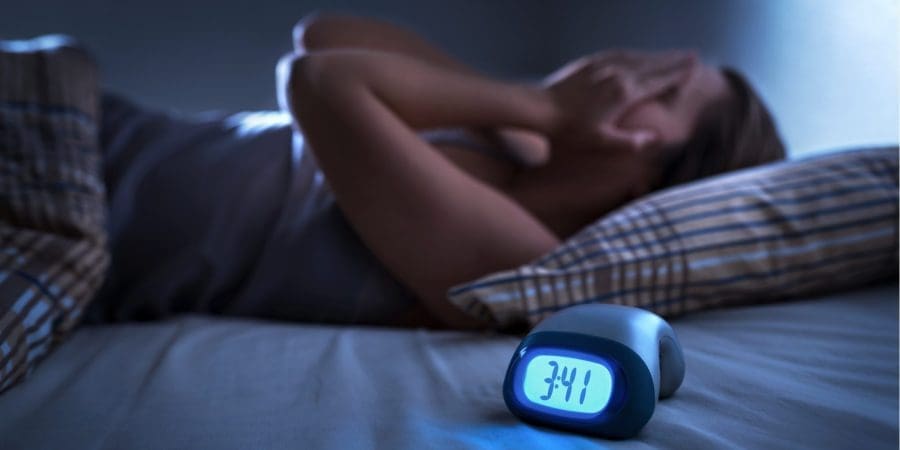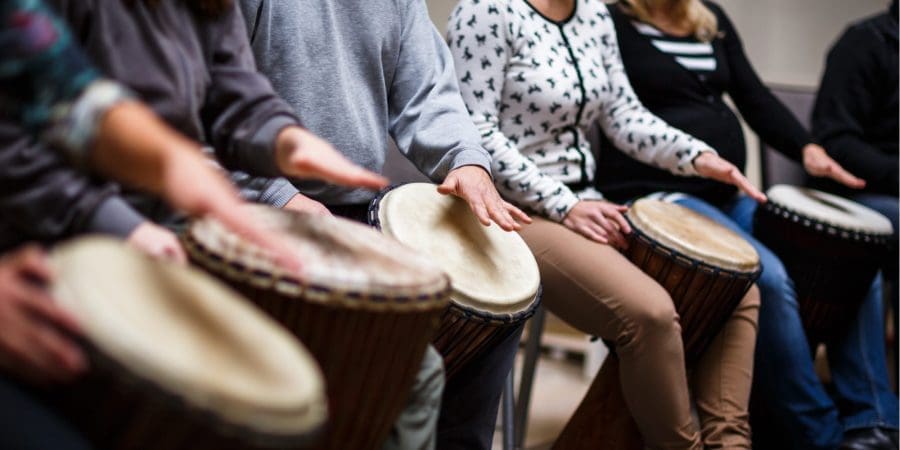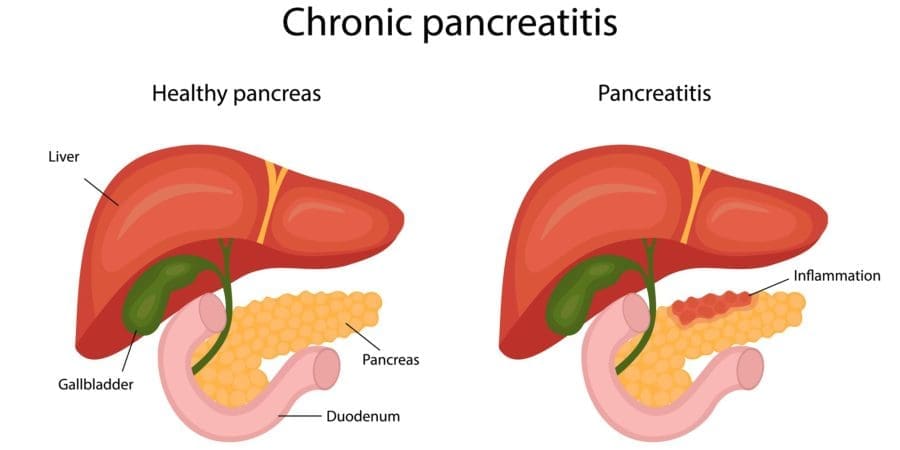Finding long-term addiction recovery involves more than just getting and staying sober. Recovery is a process that involves your mental, emotional, and physical health. However, poor sleep quality can greatly impact your ability to recover.
So, what exactly is the connection between sleep quality and addiction recovery? We’re sharing why it’s so important to have the highest quality of sleep. Without it, recovery might be even more challenging than you’d think.

Sleep Problems Related to Use of Drugs and Alcohol
If you or a loved one is struggling with addiction, you might understand all the ways that substance use interferes with life. Not only does addiction cause worsening mental health symptoms but it can also change the way you feel physically. In fact, alcohol and drug abuse can actually cause sleep disturbances.
One study reports that substance abuse disorders can dramatically impact the ability to fall asleep and stay asleep. Humans and other diurnal (or those who are awake in the day and asleep at night) mammals typically follow a circadian rhythm. The circadian rhythm follows a 24-hour period informed by light and darkness and directly influences our sleep-wake cycle.
Following the circadian rhythm is important to maintain your physical wellbeing. But experts say that addiction to drugs or alcohol can disturb your natural sleep patterns because of the way that they alter your brain and body’s functionality. Many addictive substances, such as opioids or stimulants, make you stay awake during times where you are supposed to be asleep, or vice versa.
Furthermore, the National Institute on Drug Abuse has researched the connection between sleep quality and addiction recovery and they have discovered that sleep disorders can increase the risk of developing substance use disorders. People who have sleep disorders search for relief to either stay awake or get some rest. This can lead to them becoming addicted to stimulants and/or sleep aids.
Sleep deprivation also often leads to mental health struggles, which go hand-in-hand with addiction. When you do not get enough sleep, it becomes much harder to use healthy coping strategies to manage stress and other symptoms of mental health concerns. Poor sleep quality can cause:
- Anxiety
- Depression
- Impulsivity
- Hallucinations
- Increased substance use
- Memory loss
Ultimately, using drugs or alcohol often results in sleep disturbances, and sleep disturbances often result in turning to drugs or alcohol. This becomes a vicious cycle that can be extremely challenging to break, especially when you are trying to recover from a substance use disorder.
Studies show that people who struggle with sleep disorders and substance use are much more likely to relapse when these conditions are combined. Your physical and mental health depend on your ability to manage all of these struggles. But this is not an easy task and often requires professional treatment. That being said, getting the right type of treatment is proven to help people just like you fight against addiction, mental health, and sleep concerns.
Sleep Issues Podcast – Sleep regularity is a stronger predictor of mortality risk than sleep duration
Sleep and Addiction Recovery
The only way to truly protect yourself from this dangerous cycle between poor sleep quality and substance use is to get professional addiction treatment. Making the decision to start your recovery journey is a big step and it is one that you should not have to do on your own. Even if you would like to stop using drugs or alcohol, you will need to do so safely and with the right support behind you.
It’s also important to know that when you stop using drugs or alcohol, you might experience an increase in sleep disturbances during withdrawal. This is why you should always detox from these substances under professional care to start.
After safely detoxing, you will be able to learn valuable life skills that will help you to create good habits. These habits will overall contribute to your wellbeing, including helping you cope with stress and keeping your mind and body healthy. Other services like recreational therapy and music therapy are also beneficial to keep you active and at peace.
Some rehab facilities also offer the chance for you to recover in a calm, sober environment. This can be especially important when you are trying to reset your sleep-wake cycle. Inpatient treatment gives you the space you need to improve upon your sleep quality and addiction recovery progress.
In inpatient treatment, you will have the opportunity to rest well and strengthen your ability to maintain sobriety alongside healthy sleep habits. Some of the treatment options you will have include:
- 12-step program
- Individual counseling
- Group counseling
- Stress management
- Relapse prevention
- Family education
As mentioned above, sleep problems can also make it much more challenging to cope with mental health distress. If you struggle with addiction, co-occurring mental health disorders, and poor sleep quality, a dual diagnosis program might be best for your specific recovery needs. Dual diagnosis addresses substance use disorders in addition to mental health concerns.
There are countless factors that go into your ability to have good sleep habits. Whether you are having anxious thoughts that keep you awake, untreated insomnia or other sleep disorders, or if you are struggling to find a natural sleep rhythm because of addiction, treatment can provide you the resources you need to finally rest easy.

Rest Easy with Addiction Treatment
If you are tired of the cycle that addiction and sleep problems brings to your life, know that Ridgeview is here to get you back into a natural rhythm. In addition to the services listed above, our treatment facility is committed to giving you access to the safest care possible during these times.
Plus, we do not simply stop looking after you once your time in rehab is complete. The people you encounter in your recovery journey here at Ridgeview will always be on your side to lend a helping hand in times of need. Recovery is a lifelong process that requires a lot of energy, but we’re here beside you every step of the way.





















